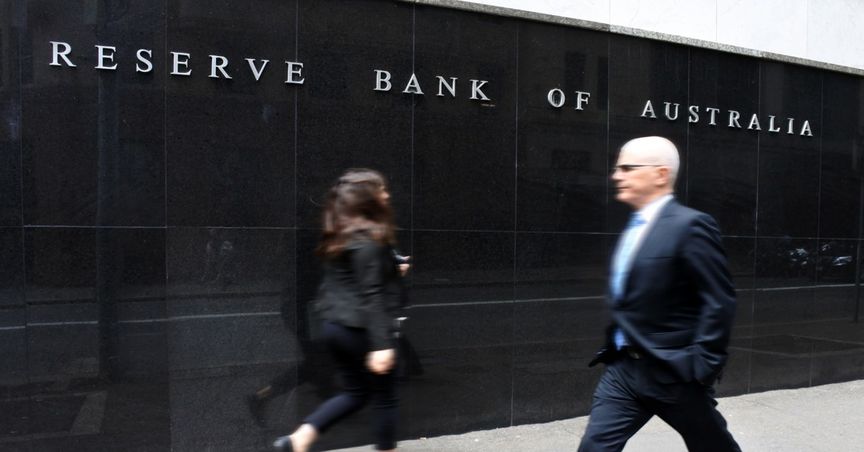Highlights
- The transitioning of global economies away from fossil fuel has the potential to threaten businesses in Australia’s carbon-intensive industries, RBA’s deputy governor Guy Debelle said.
- Debelle said that the likely impacts of the net-zero policies from a few of Australia’s largest trading partners could adversely impact the country’s coal industry.
- “Stranded assets are a good example of transition risk,” Debelle said.
The transitioning of global economies away from fossil fuel amid climate change concerns has the potential to threaten businesses in Australia’s carbon-intensive industries, Reserve Bank of Australia’s (RBA) deputy governor Guy Debelle warned on Thursday.
Speaking at the CFA Institute of Australia, Debelle said that the likely impacts of net-zero policies from a few of Australia’s largest trading partners could adversely impact the country’s coal industry. There is an increasing risk that the policies to address climate change may lead to more significant divestment from Australia,” he added.
“Stranded assets are a good example of transition risk,” Debelle said.
“Due to, say, a change in consumer demand for a product or a change in the energy policy of a country, the value of a company’s assets or the income it was expected to earn can decline quickly and significantly, permanently reducing the value of the company and its ability to service a loan,” he noted.
Debelle said that the RBA had noted that Australian climate risks were increasingly entering into discussions with foreign investors. The climate has implications for cost, ease of access to capital for Australian corporates and government. However, no obvious changes were seen as yet in the investor appetite for Australian bonds or equity, he said.
“The transition path to net-zero needs to be funded, and that will require funding for projects with varying degrees of emissions intensity, not just those with zero. The longer we leave actions to reduce carbon emissions, the more likely it is that we will need to take drastic and disruptive actions later,” he noted.
Impact on housing loans
Adding, Debelle said that severe weather events caused by climate change might have a likely impact on housing loans disbursed by banks.
“The results of this exercise suggest that a small share of housing in the regions most exposed to the extreme weather could experience price falls that might subsequently result in credit losses,” he said.
Meanwhile, Debelle didn’t share any outlook on the Australian economy in view of climate risks and monetary policy.
RELATED ARTICLE: What to expect in Morrison government’s new climate and energy policy?
RELATED ARTICLE: 10 ASX shares that could be darlings of this decade
RELATED ARTICLE: 5 ASX Growth tech stocks for 2022 - NOV, ALU, TNE, MP1, CDA



